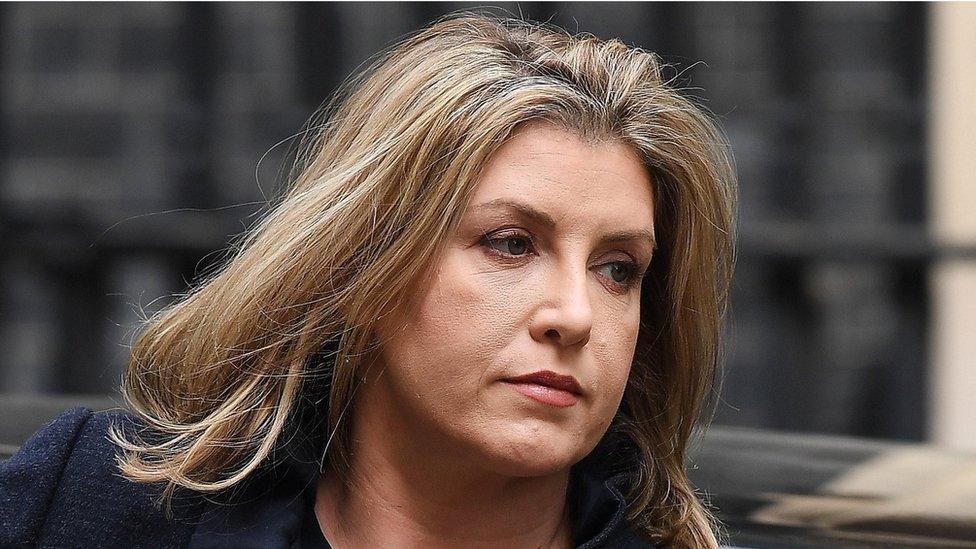Did UK Special Forces murder Afghan children?
- Published
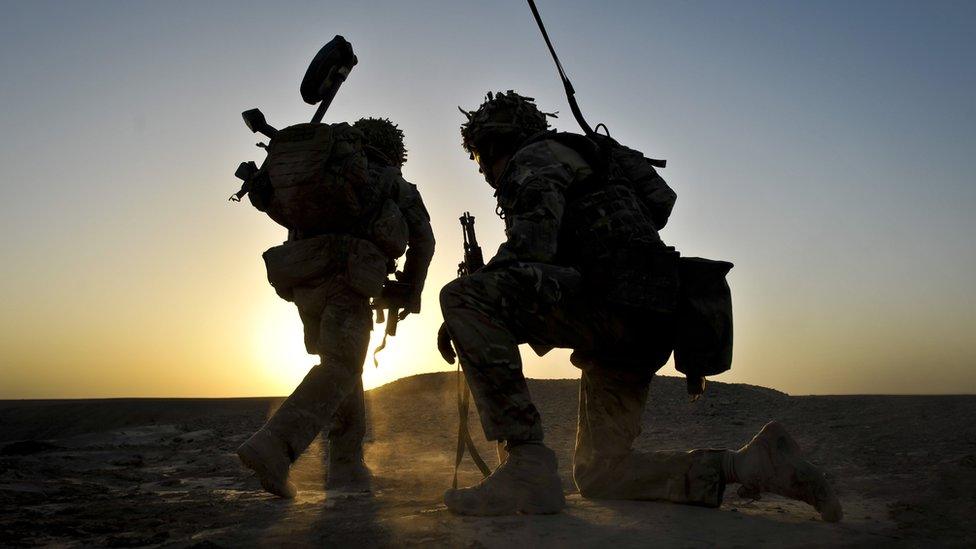
On 18 October 2012, a UK Special Forces soldier shot dead four young people in an Afghan village. Their families say three of them were children. It looks like a war crime but nobody has been prosecuted.
Some readers will find this story disturbing
Afghan witnesses describe how 12-year-old Ahmad Shah and 14-year-old Mohammed Tayeb had decided to stay overnight with 17-year-old Naik Mohammed and his 20-year-old brother, Fazel.
At around 20:00 local time, UK and Afghan Special Forces made their way into Loy Bagh village and burst into each of the buildings that made up the family home.
One UK soldier went into the single-roomed guest house and opened fire.
Sultan Mohammed, older brother of Naik and Fazel, was first on the scene after the special forces left.
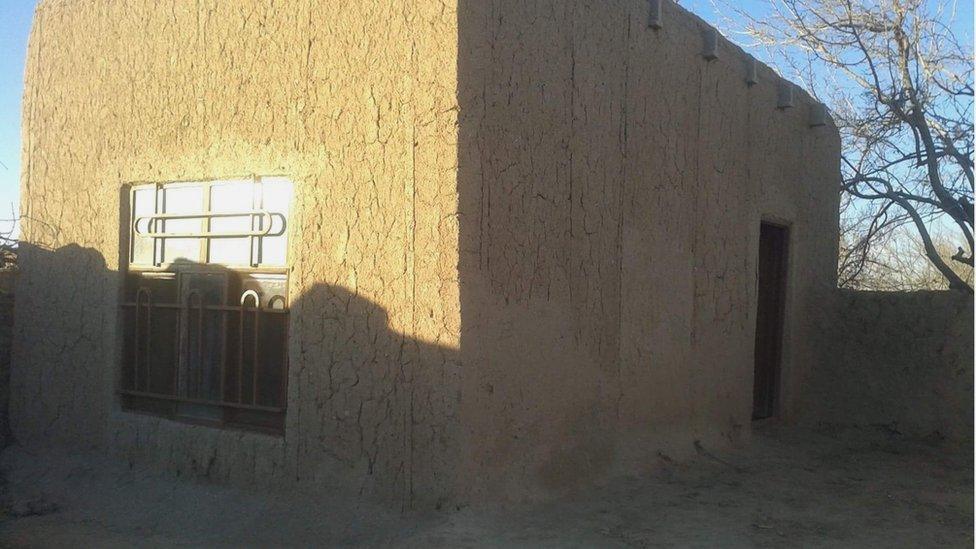
The four youngsters were shot dead in this single-roomed guest house
"When I entered the room I saw bones and teeth all over the place. The four of them were lying there, blood everywhere," he said.
His mother, Sabbah, stayed in the guest house with the four bodies until dawn. She remembers how cups of tea were still sitting on the floor in the room.
She said: "The cups were full of blood. They had shot the boys in the head."
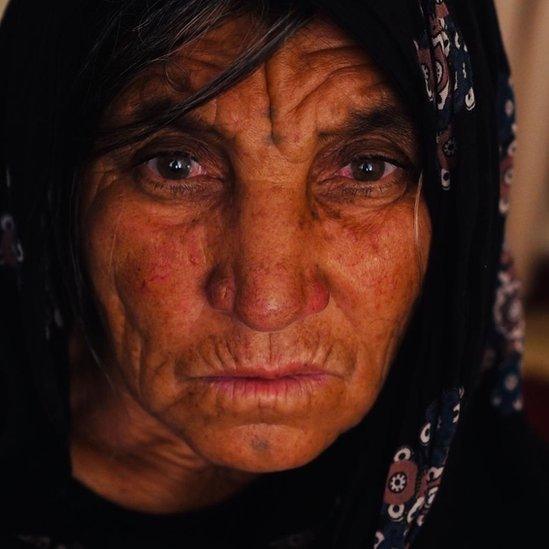
Sabbah Mohammed was the mother of two of the young people who were killed.
The morning after the four young Afghans were killed in Loy Bagh, their bodies were laid out at the village mosque. A crowd gathered as word spread. They were believed to be innocent civilians.
Mohammed Ibrahim, then the district governor of Nad-e-Ali, said he was told by the Afghan security agency that the target of the raid had been Fazel Mohammed.
"I meet him every day, how could he be a Taliban commander? I can guarantee that's impossible," he said.
"If they were Taliban, I would have felt threatened... I would have been the first person to imprison or kill him."
A joint investigation between the Sunday Times and BBC Panorama has investigated what happened that day, and reveals evidence that war crimes were committed.
"Perpetual motion machine of killing and capturing"
Raids like the one in Loy Bagh village were intended to target the Taliban, and they became a common tactic during the war in Afghanistan.
The coalition's special forces carried out these "kill or capture" raids, commonly under cover of darkness, in order to hit back at members of the Taliban who coordinated attacks on British troops. The targets came from lists drawn up by intelligence officers.
Frank Ledwidge, an expert on warfare and a former military intelligence officer, said: "The night raids, as some people called them, or death squads, as other people might call them - the practice was you were going out whether we've a target or not. It's a sort of perpetual motion machine of killing and capturing."
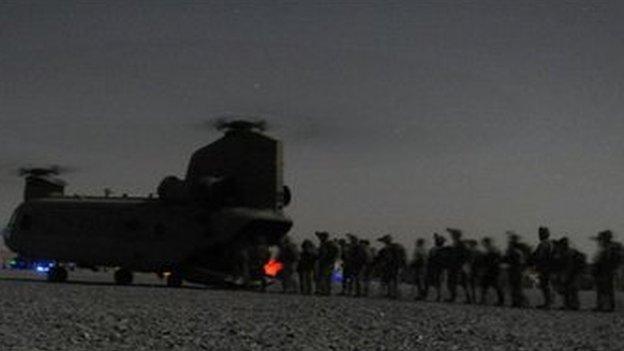
Some of the people killed on these night raids were undoubtedly members of the Taliban, but there is evidence that the intelligence used to select the targets was not always accurate.
Philip Alston, the UN Special Rapporteur on extrajudicial, summary or arbitrary executions until 2010, said he received a lot of allegations of innocent people being killed in night raids.
He said: "I have no doubt that overall many of the allegations are justified, and that we can conclude that a large number of civilians were killed in night raids totally unjustifiably."
The UN has concluded that coalition forces killed more than 300 innocent civilians in raids like this.
Four counts of murder
The case of the boys killed in the guest room caused local outrage, and was later investigated by the Royal Military Police (RMP).
The RMP linked dozens of suspicious deaths involving special forces as part of a large-scale investigation called Operation Northmoor. BBC Panorama and the Sunday Times have obtained information from insiders.
The soldier who killed the boys had reportedly claimed to detectives that he acted in self-defence. He told them he shot two of the four because they were pointing weapons from the window, and he shot at the other two when they appeared out of the shadows.
But the boys' families say that cannot be true. They say none of the four had weapons and that they could not have posed a threat to the heavily armed UK special forces soldier.
"All four were drinking tea and were killed while they were sitting," said Naik and Fazel's older brother, Sultan Mohammed.
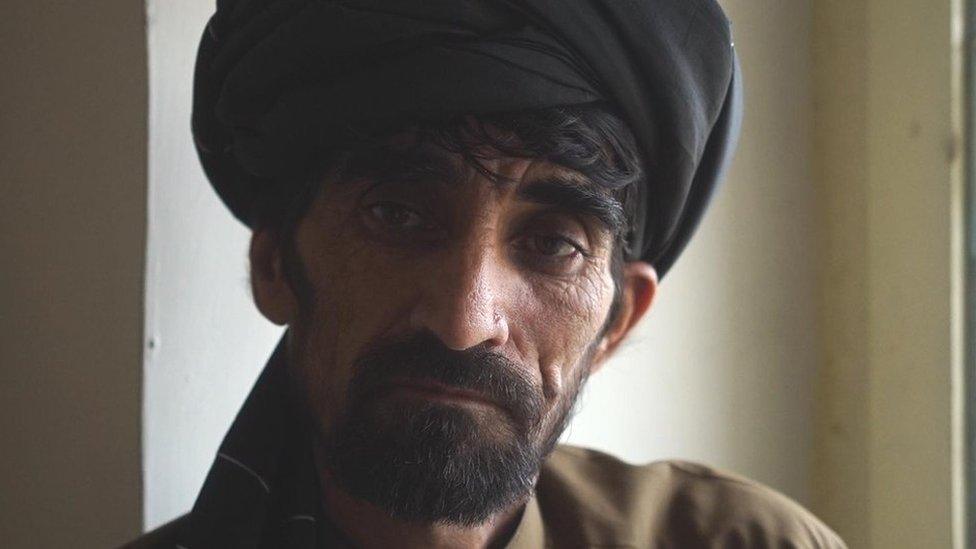
Sultan Mohammed was the first person to go into the guest house after the soldiers left.
Photos obtained by Panorama show the bullet holes in the mud wall of the room. Most of the shots entered the walls approximately two feet off the ground, supporting the family's version of events.
RMP detectives wanted the soldier to be charged with four counts of murder. They also wanted to prosecute the officer who commanded the raid for falsifying a report, along with his boss for perverting the course of justice.
These were some of the most senior officers in the UK's special forces. They were accused of covering up an incident in which children were killed.
Military prosecutors decided not to bring charges and, in 2017, the government announced Operation Northmoor was to be wound down.
But when Panorama showed the evidence it had gathered to the former head of the Crown Prosecution Service, Lord Ken MacDonald, he said the case should be re-examined.
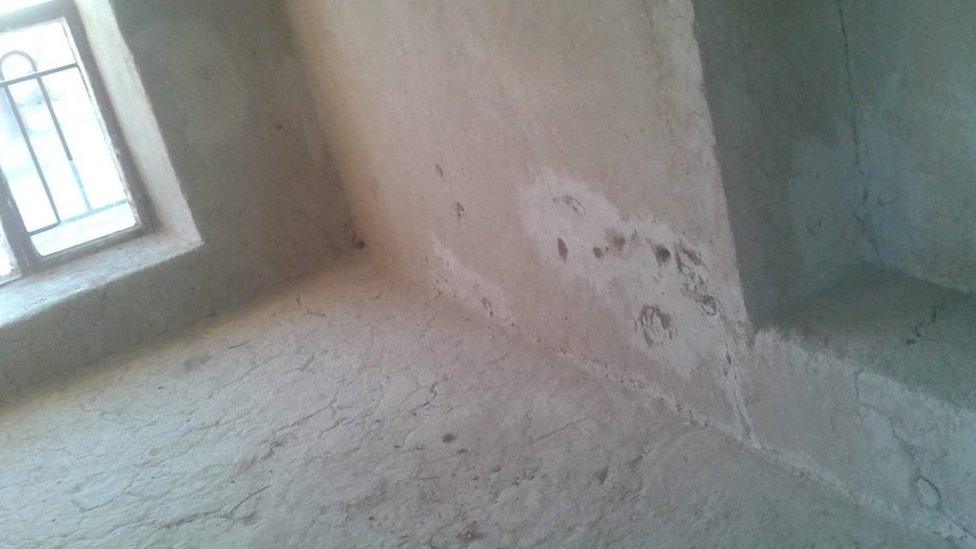
The bullet holes left behind after the raid were clustered around a metre or less off the ground.
"The evidence of the bullet marks doesn't seem to be consistent with the account given by the soldier," he said, adding: "It is consistent with the account given by the victims' families.
"And if it's right that there was an attempt to falsify documents after the event, that makes me even more suspicious about what happened in that room."
The Ministry of Defence (MoD) said military operations are conducted in accordance with the law, and that there had been extensive investigation of allegations. They rejected the "unsubstantiated" allegation of a pattern of cover-ups.
It said: "Our military served with great courage and professionalism in Iraq and Afghanistan and we hold them to the highest standards.
"After careful consideration of referred cases, the independent Service Prosecuting Authority decided not to prosecute.
"Investigations and decisions to prosecute are rightly independent from the MoD and have involved external oversight and legal advice.
"The BBC's claims have been passed to the Service Police and the Service Prosecuting Authority who remain open to considering allegations."
Panorama, War Crimes Scandal Exposed is on BBC One at 21:00 GMT on Monday 18 November.
- Published17 November 2019
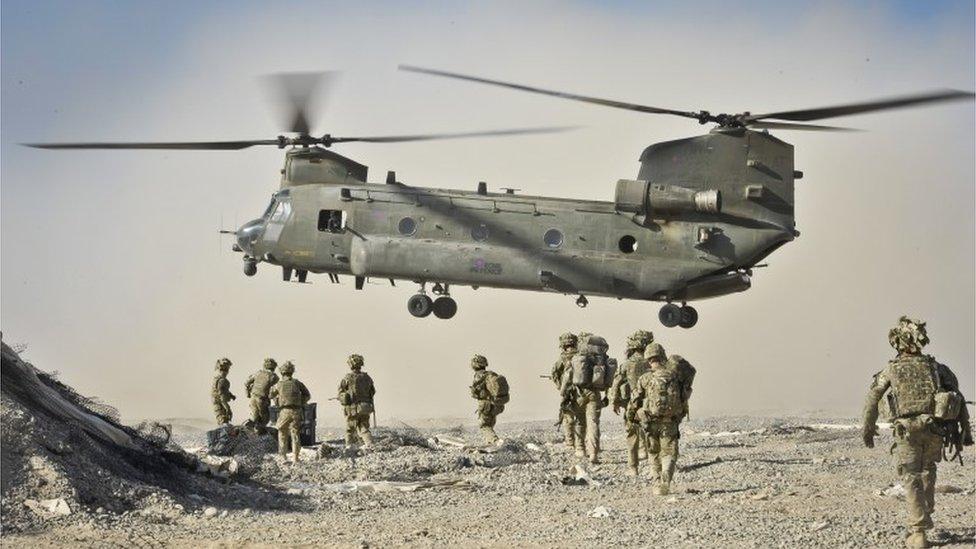
- Published15 May 2019
